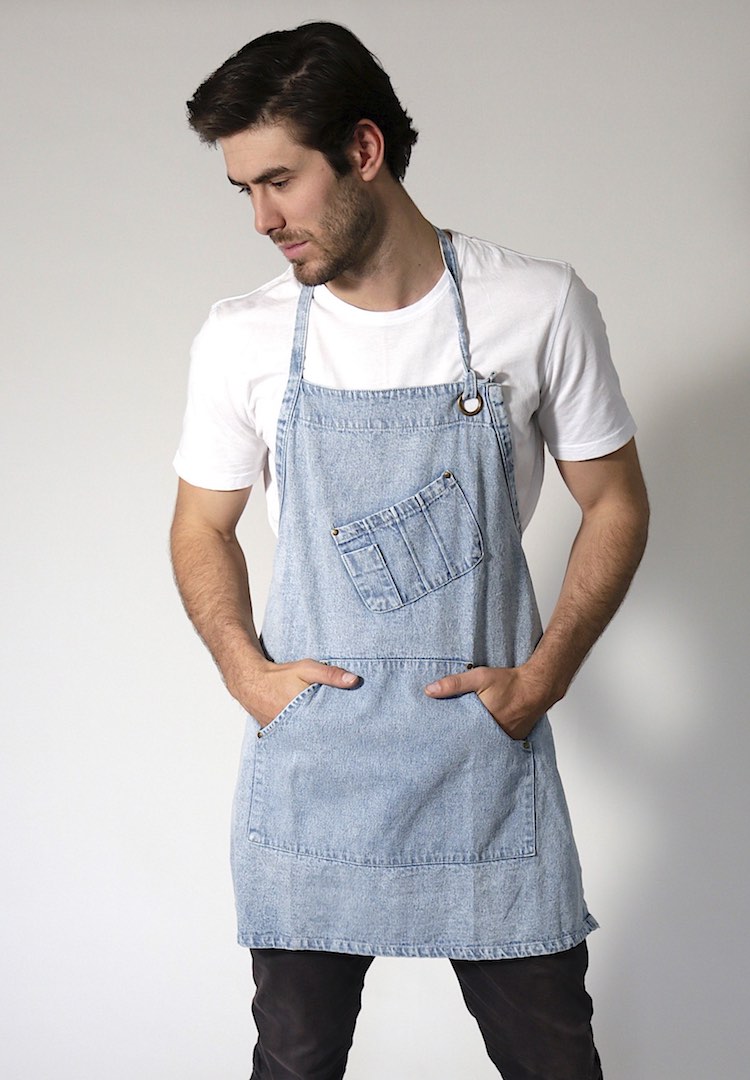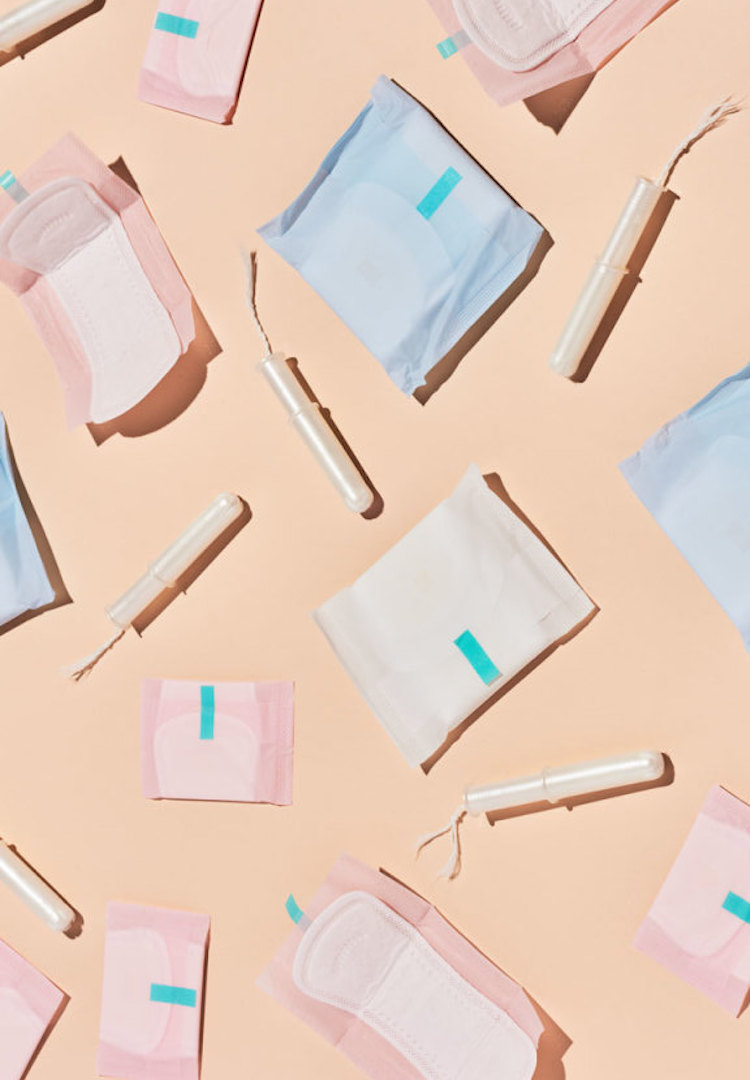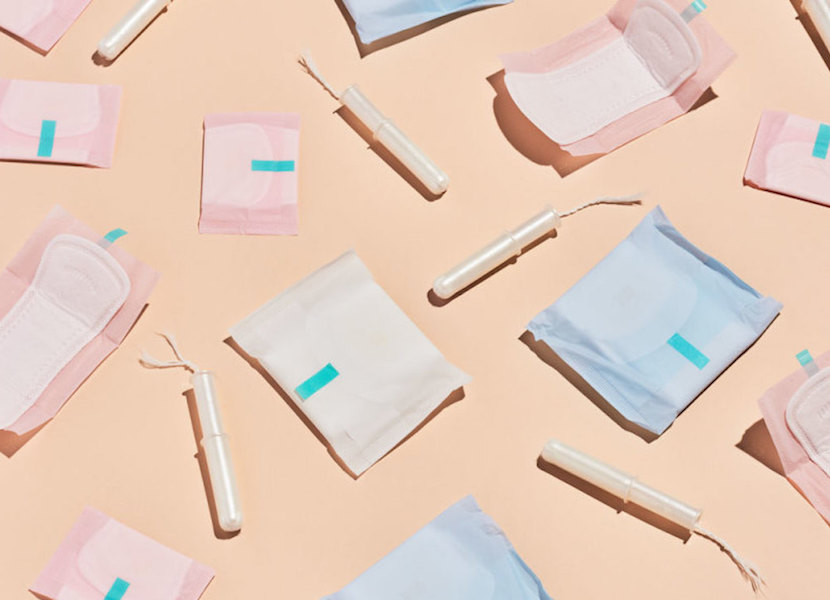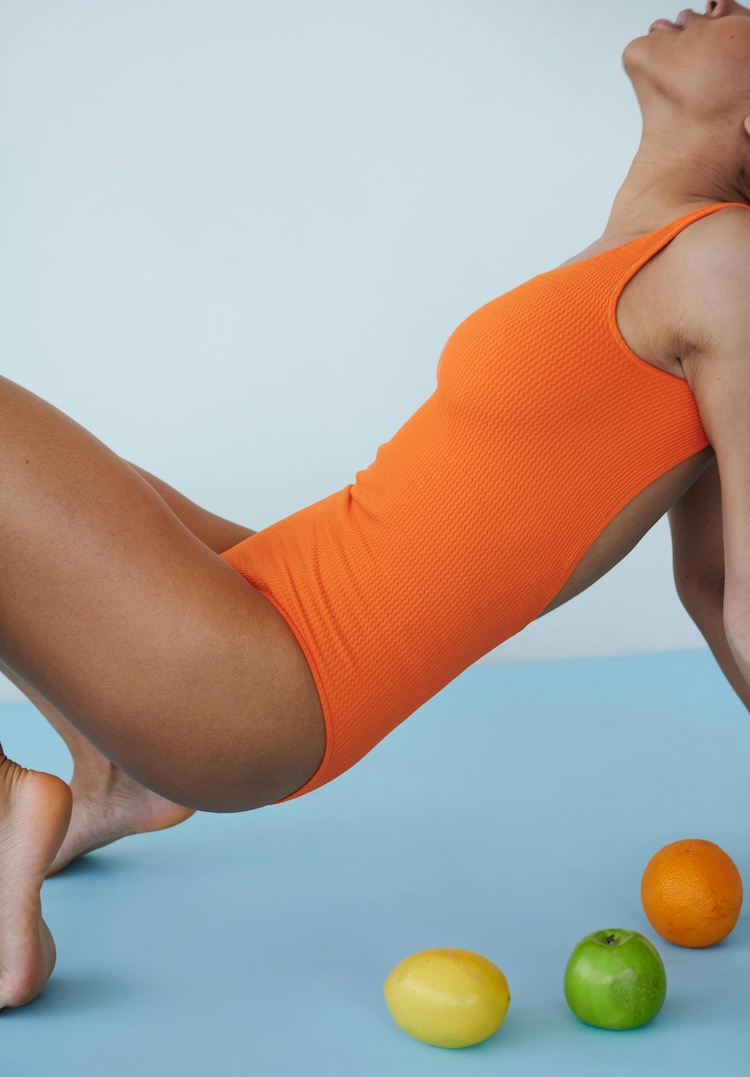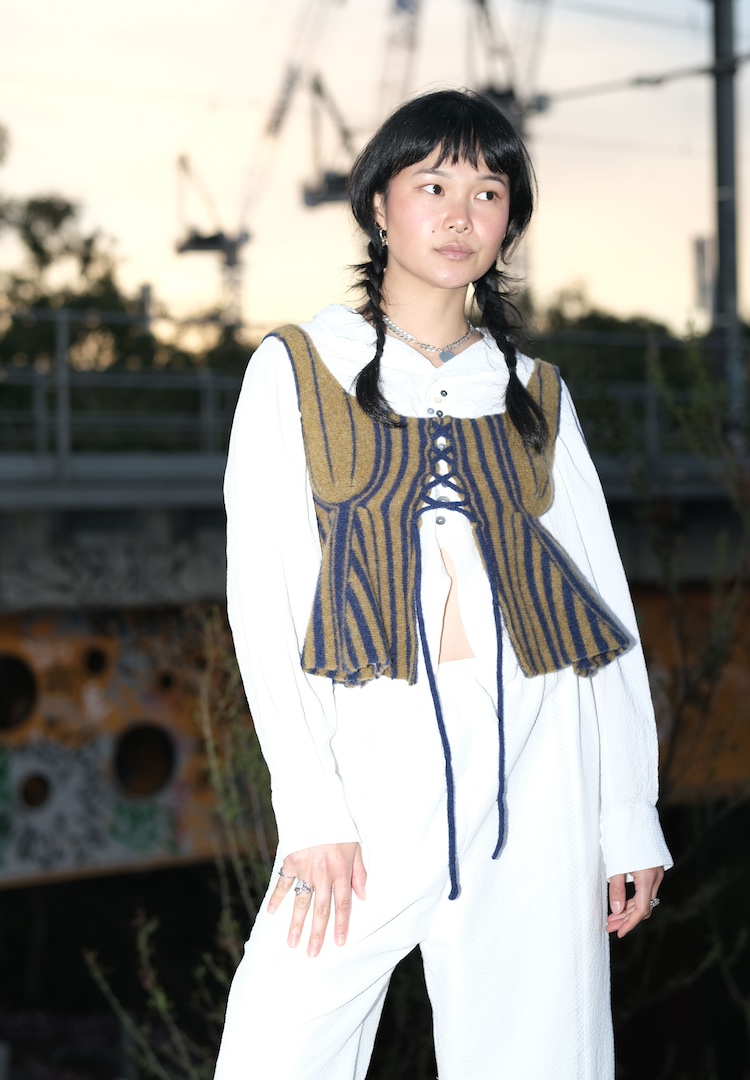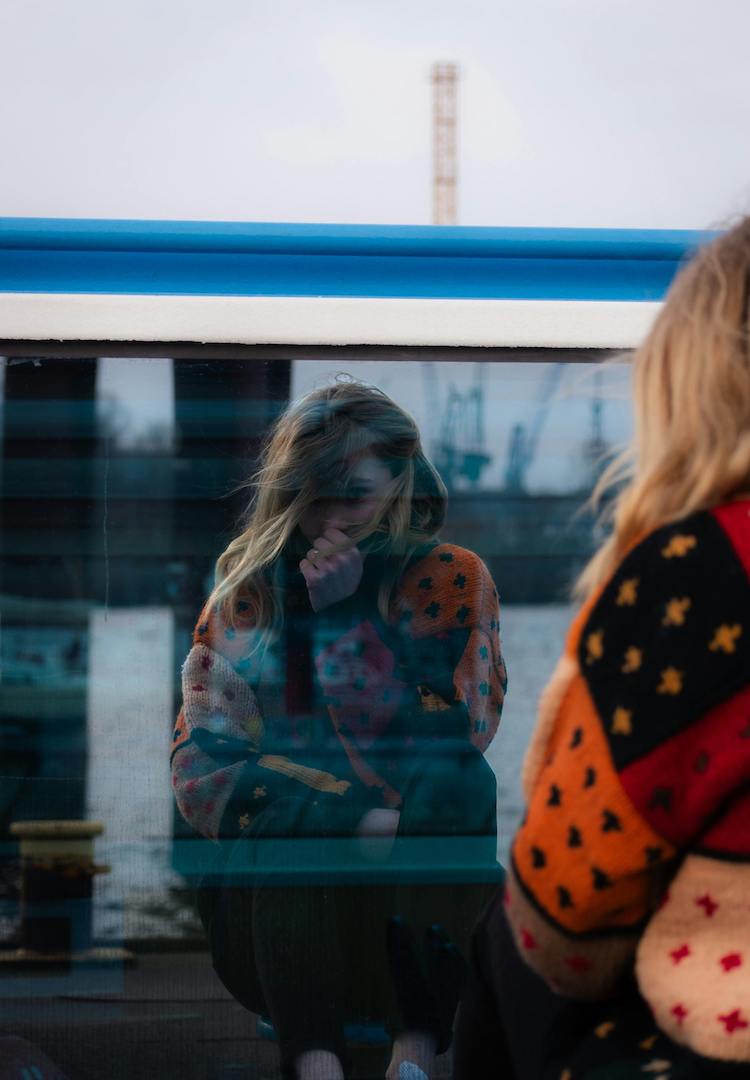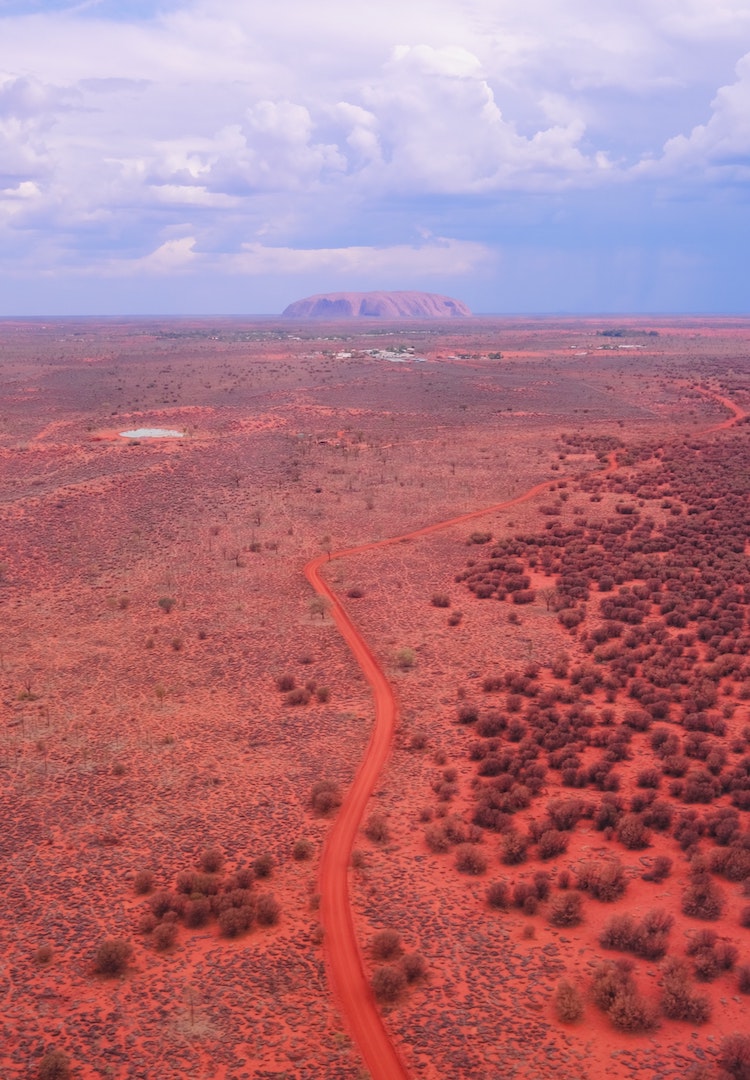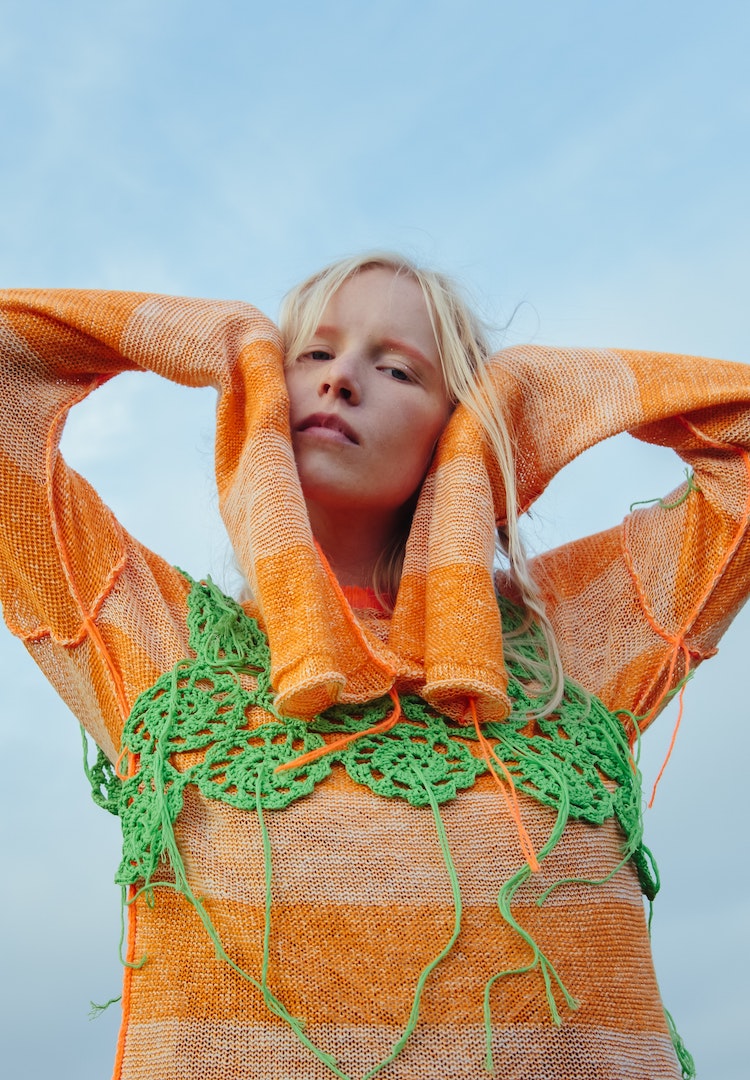Scotland is making its period products free for all
Words by Ella Bazzani Hockley
A massive step towards normalising menstruation.
The average woman spends 2,535 days of her life menstruating – that’s nearly seven years spent making sure you’ve got a pad or a tampon handy, and nearly seven years spending money on the bloody things.
For those who face financial restrictions, so much time spent bleeding can have consequences. Young women may not be able to afford sanitary products, meaning they may miss school or work and be drawn further into a cycle of disadvantage.
This inaccess of pads, tampons and the like, due to financial restriction, has been dubbed ‘period poverty’ and last week, Scottish parliament passed landmark legislation pledging to end it.
A group of 112 legislators unanimously voted in favor of making pads and tampons freely available to those who need them, in public places like community centres, youth clubs and pharmacies. This comes two years after the Scottish parliament also made menstrual products freely available in all Scottish schools and universities.
“Why is it in 2020 that toilet paper is seen as a necessity but period products aren’t?” Scottish Greens MP, and policy advocate, Alison Johnstone said in Parliament. “Being financially penalised for a natural bodily function is not equitable or just.”
According to the UN, 800 million people menstruate every day. The need for access to safe, hygienic products cannot be understated. Besides the health risks, an inadequate supply of period products can negatively impact the day-to-day lives of those who menstruate.
The ability to go to school, play sport or socialise, can also be hindered by subpar hygiene products, the UN Dispatch reports.
And the challenge isn’t just isolated to developing countries. Nearly 20 per cent of girls in the UK have changed to a less suitable sanitary product due to cost, and up to 12 per cent have had to improvise sanitary wear due to affordability issues.
Even in Australia, regressive policies like the tampon tax unfairly affected menstruating bodies until just recently. The 10 per cent GST paid on ‘non-essential’ products, such as pads and tampons, was only scrapped in 2019, after an 18-year long campaign. Legislators all agreed the scrap was ‘well overdue’.
Victoria is now the only state in Australia to provide universal access to free sanitary products in government primary, secondary and specialist schools, effective from Term 3, 2019, under legislation passed in late 2019.
But for women experiencing homelessness or poverty, the prices associated with sanitary products are still perennial sources of stress and worry. Share the Dignity is a charity organised in response to the ridiculously high sanitary product prices we pay in Australia, and provides sanitary items for women experiencing homelessness and poverty. You can donate to the cause here.
Until the rest of Australia catches on, here’s to Scotland and their progressive common-sense resolution to end period poverty once and for all.

